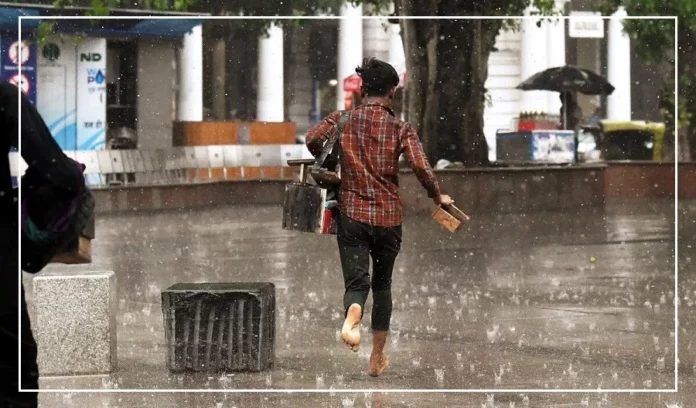North India is currently experiencing severe cold, with dense fog affecting daily life.
The India Meteorological Department (IMD) has issued a warning that these conditions will persist for the next few days.
Many areas in North India, including Jammu and Kashmir, Punjab, Haryana, Uttar Pradesh, and Odisha, have reported dense to very dense fog, reducing visibility to less than 50 meters.
Eastern Uttar Pradesh is facing cold wave conditions, while western Uttar Pradesh recorded a cold day. In Uttarakhand, some regions experienced ground frost.
Relief from Cold Expected After January 13
The IMD predicts that from January 10 to 12, a combination of western disturbances and eastern winds will bring rain and snowfall to Northwest India.
However, dense fog will continue in Punjab, Haryana, Uttar Pradesh, and Bihar, disrupting transportation.
In Delhi, while the minimum temperature is above normal, dense fog and smog are expected to lower visibility between January 8 and 10.
The cold wave and foggy conditions will persist until January 13–14, after which the intensity of the cold is likely to decrease gradually.
Cold Wave and Fog Impact Punjab, Haryana, and UP
Punjab and Haryana continue to face cold wave conditions. Gurdaspur recorded the lowest temperature at 5°C, while other regions, such as Amritsar (6.5°C), Faridkot (6.9°C), and Chandigarh (11.6°C), also reported below-normal temperatures.
In Uttar Pradesh, dense fog and cold conditions prevail. The maximum temperature has dropped by up to 4°C below normal in several districts,
and the minimum temperature is below 10°C. The IMD forecasts no immediate relief from the cold and fog, with conditions expected to persist for the next 48 hours.
Light rain and hail are likely in some districts until January 11. Many districts, including Lucknow, Unnao, and Barabanki, have reported visibility below 100 meters at night.
Winter holidays have been declared in schools due to the harsh cold. Road traffic has been disrupted,
and flights and trains in cities like Lucknow and Varanasi are delayed, with some trains running up to 8 hours late.
